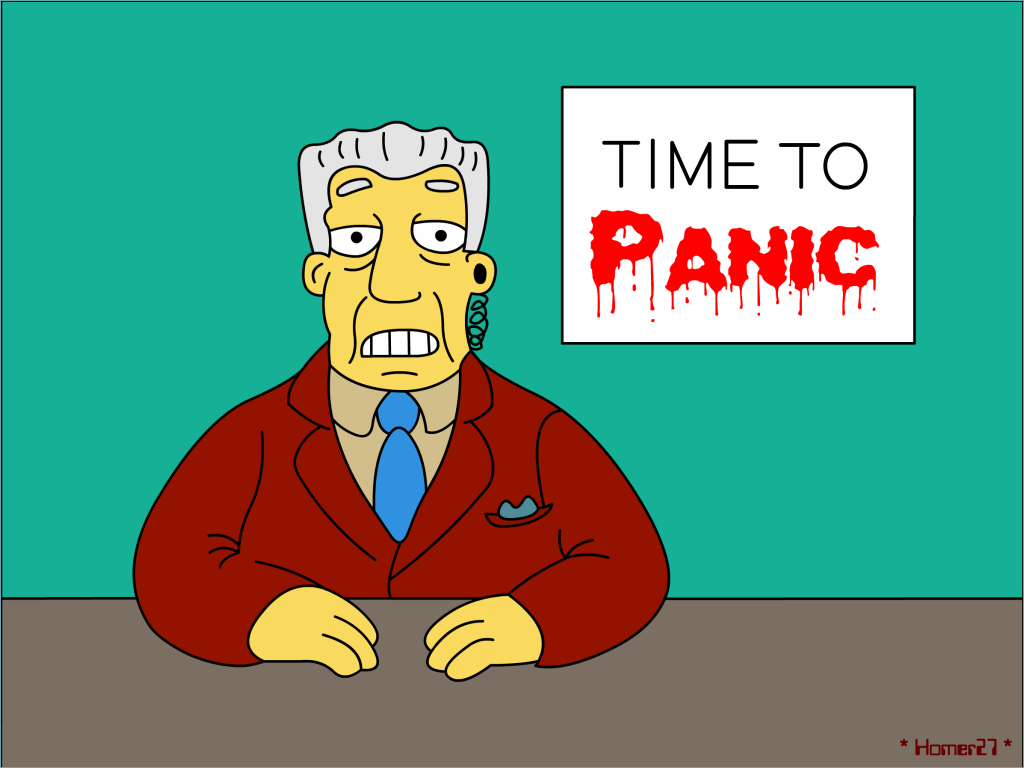
In 1349, when Black Death was ravaging Europe, many of the day’s best and brightest banded together in pursuit of a common cure. They had little choice. Black Death was rapidly spreading across the continent. Nothing could stop it.
Boils were lanced with precision. Blood was let with vigor. But there was no escape from the plague’s instant death. It was efficient. It was relentless. People would go to bed at night perfectly healthy; by morning, they’d wake up perfectly dead.
Then, at the exact moment of maximum death and despair, flagellants came to the rescue. Processions marched to and fro, seeking relief through forcefully whipping themselves in public displays of self-mutilation.
“Some upper-class men joined processions of flagellants that traveled from town to town and engaged in public displays of penance and punishment: They would beat themselves and one another with heavy leather straps studded with sharp pieces of metal while the townspeople looked on.
“For 33 1/2 days, the flagellants repeated this ritual three times a day. Then they would move on to the next town and begin the process over again.”
[The equivalent of modern day vaccinators.]
This may seem strange, weird, and, quite frankly, a bit nuts. But something miraculous happened. The Black Death epidemic soon exhausted itself. The flagellants saved Europe from the mid-14th century onslaught of Black Death.
Or did they?
No, the disease just ran it’s course, but the flagellants took credit. Today the vaccinators take the credit as with the smallpox and polio vaccinators.
To be clear, flagellants had no influence on the eventual relenting of Black Death. Remember, correlation does not imply causation. Post hoc ergo propter hoc – “after this, therefore because of this” – the post hoc fallacy. Put simply, just because one event happens to follow another, doesn’t mean the initial event caused the later event to occur.
The example of flagellants stopping the plague is absurd. Still, we present it to underscore several points:
(1) Humans are often irrational, especially during times of crisis, and
(2) Mis-assigning causation is a common appeal to ignorance, especially when it comes to modern day economics analysis.
At this point, it’s still too early to tell. China’s coronavirus, like past outbreaks of the bird flu or SARS, is probably nothing. But it’s possibly everything to restore confidence in global markets.
In the meantime, one thing is crystal clear. China’s lunar new year holiday has been ruined. And Xi Jinping, China’s paramount leader, is mad. He also recently distilled the coronavirus challenge down to a bite sized nugget:
“The epidemic is a devil. We cannot let the devil hide.”
Should this escalate to full pandemic, Mr. Xi will be compelled to join a procession of flagellants in Beijing; he’ll flog himself silly to rid the world of the coronavirus.
This has worked before. It’ll work again.

